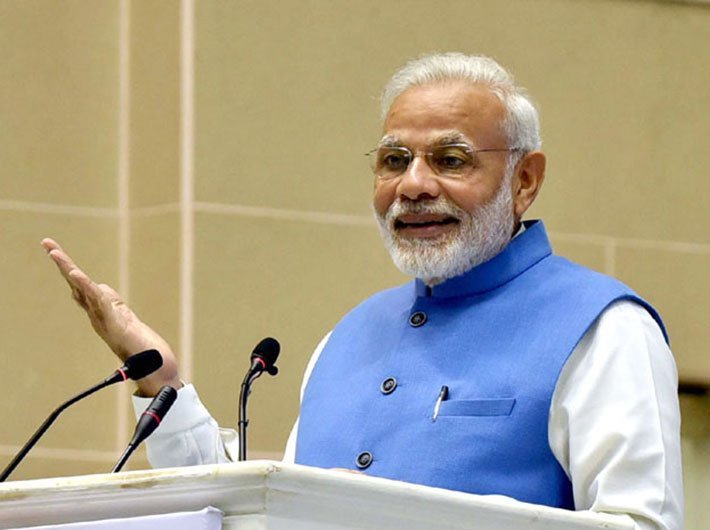Currency pain – or purification bliss – is very much on top of the voter’s mind but what if there’s a split verdict?
The dangal is on. The biggest political slugfest of the central government’s term is on, with elections announced in the five states of Uttar Pradesh, Punjab, Uttarakhand, Goa and Manipur. All eyes are of course on Uttar Pradesh, the largest state in terms of population, and which happens to wield even more political power. A win in Uttar Pradesh can give prime minister Narendra Modi the confidence to take difficult decisions, and a loss will force him to go the populist way before the 2019 elections.
That is why nearly every move made by the Modi government over the past year – including the ambitious, ambiguous demonetisation – was seen from the prism of how it will sway the Uttar Pradesh voter. So much so that the elections are seen as a referendum on the notebandi move.
But they are not.
If the BJP wins in Uttar Pradesh – it has many things going for it – the prime minister would claim it is a stamp of mass approval for his ‘anti-corruption’ measures. His critics, however, will interpret it as an outcome of state-level factors. In the case of a BJP loss in the state, expect the reverse interpretations. Neither will be full and correct reading of the verdict.
At least demonetisation is not going to be one overarching factor in the mind of the voter. Here’s why:
* Demonetisation is a done deal. The peak of panic is long over; people have moved on. Yes, jobs have been lost, small businesses have closed down and the economic growth (by the government’s own estimate) will come down. Many people are angry, though nobody is sure how many. Many people, on the other hand, wholeheartedly support Modi’s currency decision. We only have an India Today Group poll to go by, which found 51 percent respondents in support of it.
* In the 2014 elections, the Modi wave delivered unprecedented 73 out of 80 seats to the BJP in Uttar Pradesh. If the BJP wins in the state, it would be Modi’s continued popularity in general, also factoring in his biggest move, demonetisation – but wouldn’t the result have been the same even in the absence of demonetisation in that case? A pan-India euphoria and dreams of good governance and strong economy pushed Uttar Pradesh’s infamous caste-based politics aside once. Now, in a state-level election, if the BJP candidate selection shows caste preferences at work, demonetisation will have little role in a victory. If it is a demonetisation referendum, Sakshi Maharaj would have been talking about black money.
* Is it the case that with the same India Today Group opinion poll predicting a BJP win in Uttar Pradesh, this critic of demonetisation is already hedging his case? Far from it, the argument works both ways. Even if the BJP is routed in Uttar Pradesh, it would be more thanks to caste equations, pro- or anti-Akhilesh/Maya mood, return of reality after Modi euphoria, law and order and so on.
* Moreover, Uttar Pradesh is not the sole poll-bound state. The demonetisation-referendum theory will also have to contend with results in other states. The BJP and its ally are expected to fare badly in Punjab. The referendum theory works only if all the five states vote strongly for (or against) the BJP. Making two of them exceptions to be explained by local factors won’t do. Unless we find a way to explain why Punjabis are hit hard but the people of Uttar Pradesh are farsighted.
* Demonetisation should not be a matter of referendum. Its advocates themselves acknowledge there are no short-term benefits out of it; all its supposed gains are in the long term. A policy matter, that too so complicated as this one, is often beyond a voter’s here-and-now-and-me economy. If that sounds elitist and anti-people, we might consider the alternative in right earnest. The finance ministry should set tax rates in the budget based on open and transparent poll on Twitter.
ashishm@governancenow.com
(The column appears in the January 16-31, 2017 issue)

